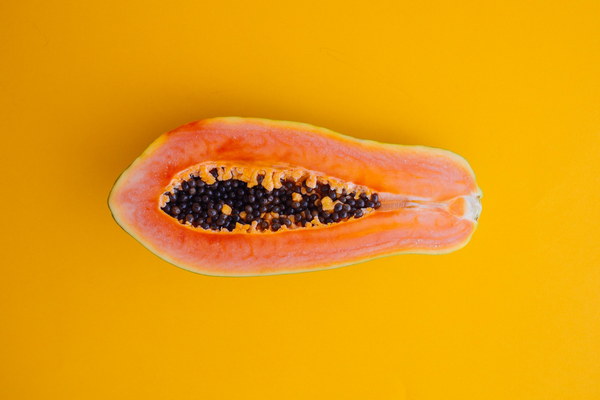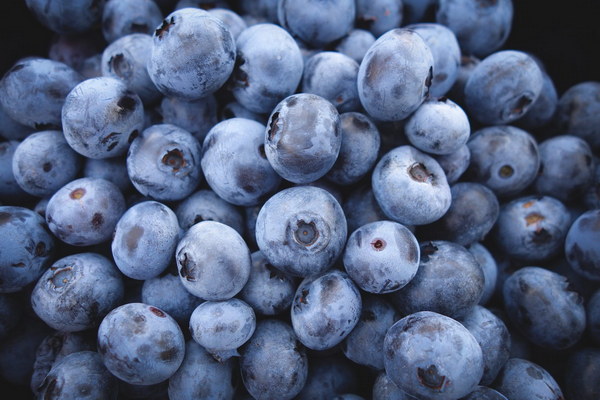Nurturing Liver Health Effective Strategies for Alcoholic Liver Disease
Alcoholic liver disease (ALD) is a serious condition that can lead to severe liver damage and even liver failure. It is crucial for individuals with ALD to take proactive steps towards liver health. Here are some effective strategies to help nurture liver health and alleviate the symptoms of alcoholic liver disease.
1. Cease alcohol consumption
The first and most important step in managing ALD is to stop drinking alcohol entirely. Alcohol is the primary cause of liver damage in ALD, so completely avoiding alcohol is essential for healing the liver. Seek professional help if necessary, such as attending Alcoholics Anonymous (AA) meetings or seeking treatment from a substance abuse counselor.
2. Maintain a balanced diet
A well-balanced diet can help support liver function and reduce inflammation. Focus on incorporating the following nutrients into your daily meals:
- High-fiber foods: Foods rich in fiber, such as fruits, vegetables, whole grains, and legumes, can help reduce inflammation and promote healthy digestion.
- Antioxidants: Consuming foods high in antioxidants, such as berries, dark chocolate, nuts, and seeds, can help combat oxidative stress in the liver.
- Omega-3 fatty acids: Foods rich in omega-3 fatty acids, such as fatty fish, flaxseeds, and chia seeds, can help reduce inflammation and improve liver function.
- B vitamins: B vitamins are essential for liver health. Include foods like lean meats, fish, eggs, legumes, and fortified cereals in your diet.
- Minerals: Magnesium, zinc, and selenium are important for liver function. Incorporate foods like nuts, seeds, whole grains, and seafood into your meals.
3. Stay hydrated
Drinking plenty of water is crucial for maintaining liver health. Water helps flush out toxins and supports overall kidney function, which is vital for filtering out waste products from the body.
4. Exercise regularly
Regular physical activity can improve liver function, reduce inflammation, and help manage weight. Aim for at least 30 minutes of moderate-intensity exercise most days of the week.
5. Manage stress
Chronic stress can exacerbate liver inflammation and damage. Practice stress-reducing techniques such as meditation, deep breathing exercises, or yoga to help maintain a healthy liver.
6. Avoid harmful substances

Exposure to certain substances can further damage the liver. Avoid or minimize the use of over-the-counter medications, prescription drugs, and environmental toxins such as pesticides and heavy metals.
7. Get regular medical check-ups
Regular monitoring of your liver health is essential for early detection of any complications or progression of the disease. Work with your healthcare provider to establish a personalized monitoring plan.
8. Consider supplements
Under the guidance of your healthcare provider, you may benefit from certain supplements that can support liver health, such as milk thistle, alpha-lipoic acid, and silymarin. These supplements have been shown to have antioxidant and anti-inflammatory properties.
9. Quit smoking
Smoking can worsen liver damage and increase the risk of liver cancer. Quitting smoking is crucial for liver health.
10. Seek professional support
Dealing with ALD can be challenging, both physically and emotionally. Don't hesitate to seek support from healthcare professionals, support groups, or mental health counselors to help you navigate the journey towards liver health.
By implementing these strategies, individuals with alcoholic liver disease can take significant steps towards nurturing their liver health and improving their overall well-being. It is essential to remain proactive and committed to these lifestyle changes for the long-term management of ALD.









